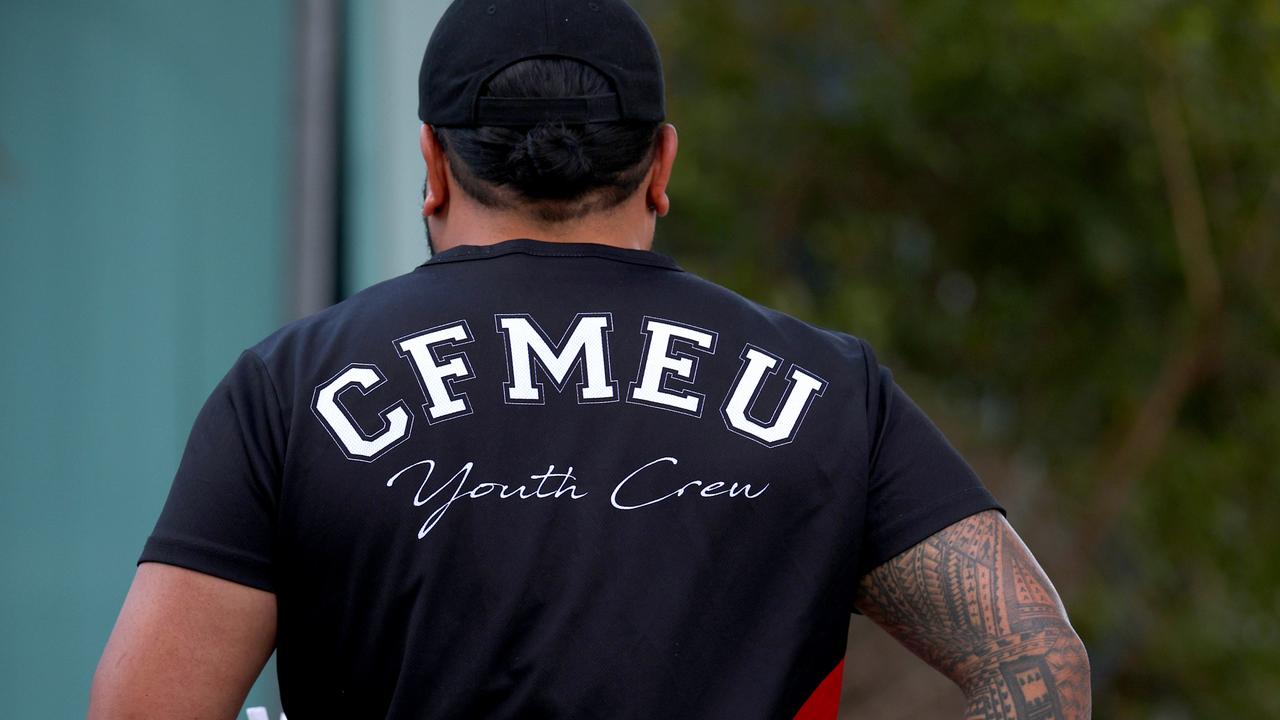Sydney 2000 CEO Rod McGeoch says Brisbane 2032 can better cash in on ‘legacy’
The man behind helping Sydney secure the 2000 Olympics says there was a missed opportunity that Brisbane has already looked to fix for 2032.
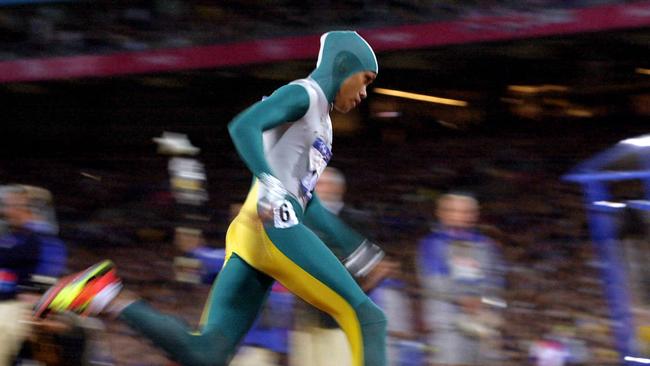
QLD News
Don't miss out on the headlines from QLD News. Followed categories will be added to My News.
The man behind helping Sydney secure the 2000 Olympics says an unequivocal focus on an “athletes’ games” narrowed the vision and legacy opportunity to launch the host city into the next century.
He said it also thwarted the ability of the Games’ centrepiece Sydney Olympic Park to thrive as an “effective suburb” – something that is still being worked on today.
Chief Executive Officer of Sydney’s successful Olympic bid Rod McGeoch AO said the city had a great advantage over Brisbane 2032 in that it had an unwavering plan to develop Homebush Bay as its main Olympic venue hub.
Sydney Olympic Park was first identified in 1978, when it was hoped the city could win the right to host the 1988 Games to coincide with Australia’s bicentenary.
That plan was shelved in the wake of controversies including major debt out of Montreal 1976.
Two more planned bids for the 1992 and 1996 Games were also put on ice but the vision to turn the old cattle yards at Homebush into Sydney Olympic Park remained in situ.
Mr McGeoch said that made his job, when recruited as Sydney Olympic Bid CEO in 1991, a lot easier to sell the Games to the International Olympic Committee but also the public.
In contrast, as Brisbane was the preferred candidate for 2032, Mr McGeoch said 2032 organisers have had to work harder to galvanise their plans for the Games, legacy and public support.

“It’s so different from Brisbane that we had this plan for years, so there wasn’t any sort of, ‘we don’t want that there, we want it over there’,” he said.
“I’m not critical at all of Brisbane having the Games, but it’s got a much steeper hill to build its support than we had.
“You can’t get support like we had when you don’t know where your stadium is going to be.
“It’s made it harder to drive that sort of unanimous support.”
Mr McGeoch, who went on to become a Director of the Sydney Organising Committee for the Olympic Games (SOCOG) after the bid was successful, has lauded Brisbane 2032’s legacy target laid out in the Elevate 2042 plan.
He said Sydney had “no document at all on legacy”.
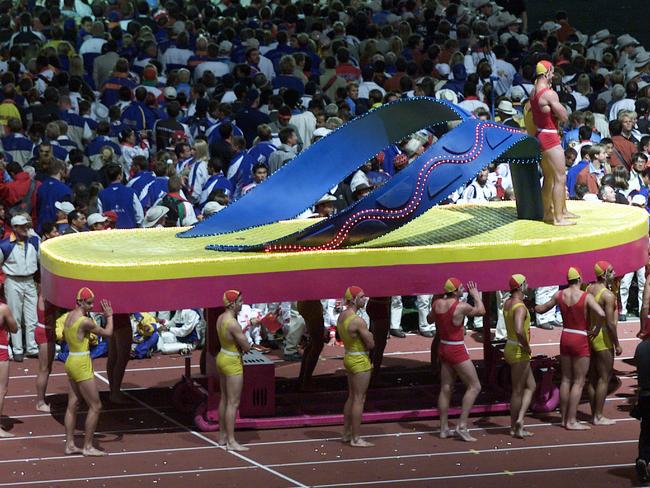
“I hear people talk about how the Sydney Games of 2000 really closed the last century, rather than launched the new one,” he said.
“We had a great party and then the century was over.
“I don’t think they saw the opportunity.
“It just didn’t seem to occur to people.”
Mr McGeoch said it was drummed into him by the Australian Olympic Committee during the bidding process to “make no mistake, these are the athletes’ games”.
“(Legacy) wasn’t seen as my job. It wasn’t in my mind that part of what I was doing was going to leave this long term legacy,” he said.
Mr McGeoch said while the ultimate transformation of the government-owned industrial Homebush site into Sydney Olympic Park and Bicentennial Park was “wonderful”, a lack of strategy pre-Games meant the precinct had still yet to reach its full potential 24 years later.
“I must have given, I can’t tell you, how many speeches in the lead up to the Games, when I said … Homebush will have everything,” he said.
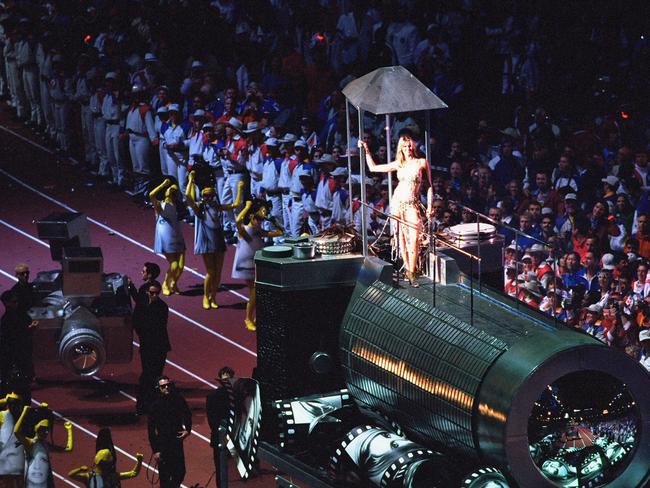
“There will be a police station, schools, department stores, and there still aren’t.
“I’d argue that we should have had a strategy to deliver Homebush, post-Olympic games, into an effective suburb and we’re still waiting.
“Time will cure the problem, I just would have imagined the transformation would have happened quicker than it has.”
Mr McGeoch said an intangible legacy opportunity that Sydney missed was — fraternity.
“Fraternity is we all care about each other, we’re all in this together,” he said.
“I wanted fraternity to last forever and, in my view, it didn’t.”
He said Sydney had it, but it died straight after the Games.
“I wanted to build something much more enduring,” he said.
“We had three years of the bid and seven years to do that.
“I just don’t think we got there because the board said, ‘these are the athletes’ games, narrow vision, narrow strategy.”
While lacking in some legacy vision, Mr McGeoch said Sydney had a “dream ride” with bipartisanship which had helped galvanise public support.
“We never had Labor and Liberal clashing over anything,” he said.
“As it happened, the Liberals started the bid, and Labor hosted the games, and it was seamless.”
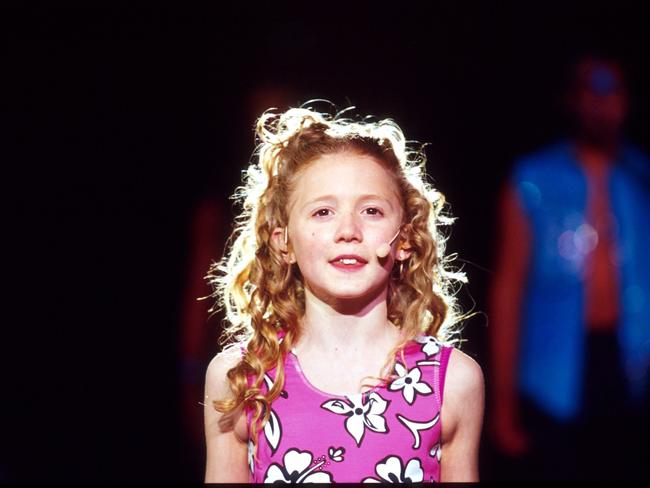
Mr McGeoch said an important issue that Brisbane 2032 organisers needed to tackle and get bipartisanship on was publicly and privately funding venues and infrastructure.
“If you take the Olympic Stadium as one, you are talking about a venue that you’re going to get 40 or 50 years out of, and the idea that people think that it’s got to pay for itself out of the Games or out of a Games budget, is really, I think, quite naive,” he said.
Another key lesson for Brisbane is the importance of clear governance structures.
Mr McGeoch highlighted a “bizarre governance” in Sydney’s organisation, where the SOCOG board legislated to delegate powers and responsibilities to Commissions.
This meant the Cultural Commission had sole control over the content of the Olympic ceremonies and critical decisions like appointing Cathy Freeman to light the cauldron.
“If you’re a real Olympic traditionalist like I am, the torch has only ever been carried by one of the great Olympians of the past,” he said.
“Cathy Freeman had never competed in the Olympic Games.
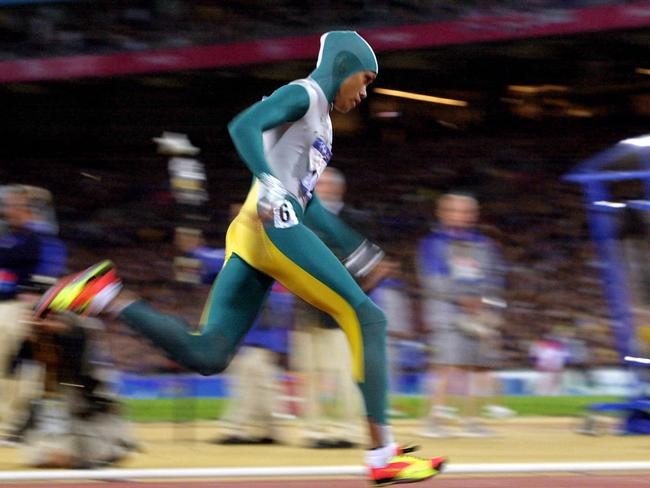
“Now it was obvious as to the idea behind this of giving our Indigenous community a very special role in the Games.
“My point is it wasn’t a decision that the board made.
“Of course, we supported it because we were bound by our own decisions.
“As it happens, I think it all worked out okay.”
Mr McGeoch said he had warned Brisbane 2032 organisers to ensure that delegating powers did not lead to a lack of oversight.
“The discharge of every duty you’ve got is an opportunity for that fraternity, to get people involved,” he said.
“You’ve got to get the job done on time, on budget, but somewhere along the way, I believe you’ve got to carry the whole of the community with you.”
Mr McGeoch said he was not at all pessimistic about Brisbane’s ability to plan for the 2032 Games and beyond.
“There is a contract. There are time limits and they’re (Brisbane 2032 organisers) nowhere near past some critical point,” he said.
“When you’re thinking in terms of still another eight years away, we only had seven.
“You’ve got enough levels of governance to make sure something doesn’t go totally out of control.
“This is a chance to add some impetus and get some things that you might otherwise have had to wait a long time for.”
Originally published as Sydney 2000 CEO Rod McGeoch says Brisbane 2032 can better cash in on ‘legacy’

